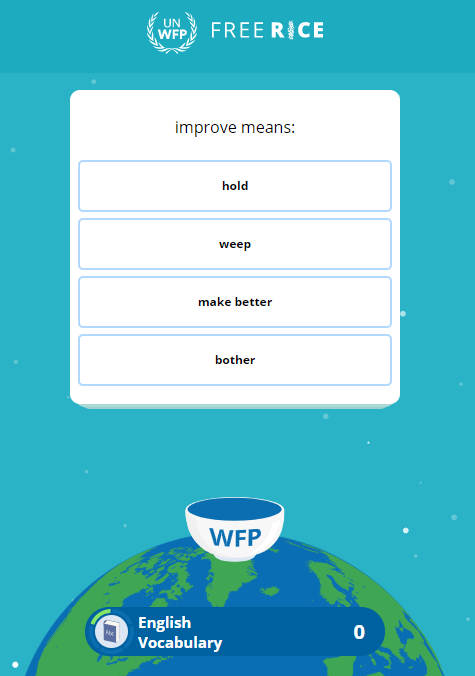Using the attention economy for the common good
The attention economy is the umbrella concept for businesses trying to capture users attention on screen and sell this attention to advertisers. It can be found in various news websites, entertainment apps such Snapchat and Instagram, mobile gaming apps, etc.
Their way of gluing the user to the screen may differ, but the business model behind them is very similar. Provide “free” content that increases the time a user engages with the platform to maximise the advertising content that can be displayed. This has created a market worth over 380bn USD.
While there has been much discussion about this industry (for example the use of personal data to improve the success of the ads), recently new ventures have popped up that aim to capture some of the enormous economic value to do good.
One of these is the UK ad-tech start-up Good Loop. Good Loop was founded 2016 with a mission to “make the internet a more positive place for everyone”. The founders Amy Williams and Daniel Winterstein recognised the problematic practices around presenting users with unsolicited ads for the benefit of private corporations. They found a solution by developing a tool that allows users to choose whether they want to view ads before displaying them. If users choose to do so, 50% of the advertiser’s money is donated to charitable causes. This gives control over their attention back to users, whilst raising money for good.
Another example has been developed by the UN World Food Programme. They have created an online game (available in your browser and as apps on android and iOS) called freerice.
The game is simple: You answer questions and for each correct answer, the World Food Programme donates 10 grains of rice to people in need. While you are playing the game (giving your attention), advertising is displayed to you, which pays for the rice. Besides being a fun little distraction on your break and tackling world hunger, the game is really informative and teaches users about sustainability issues.
